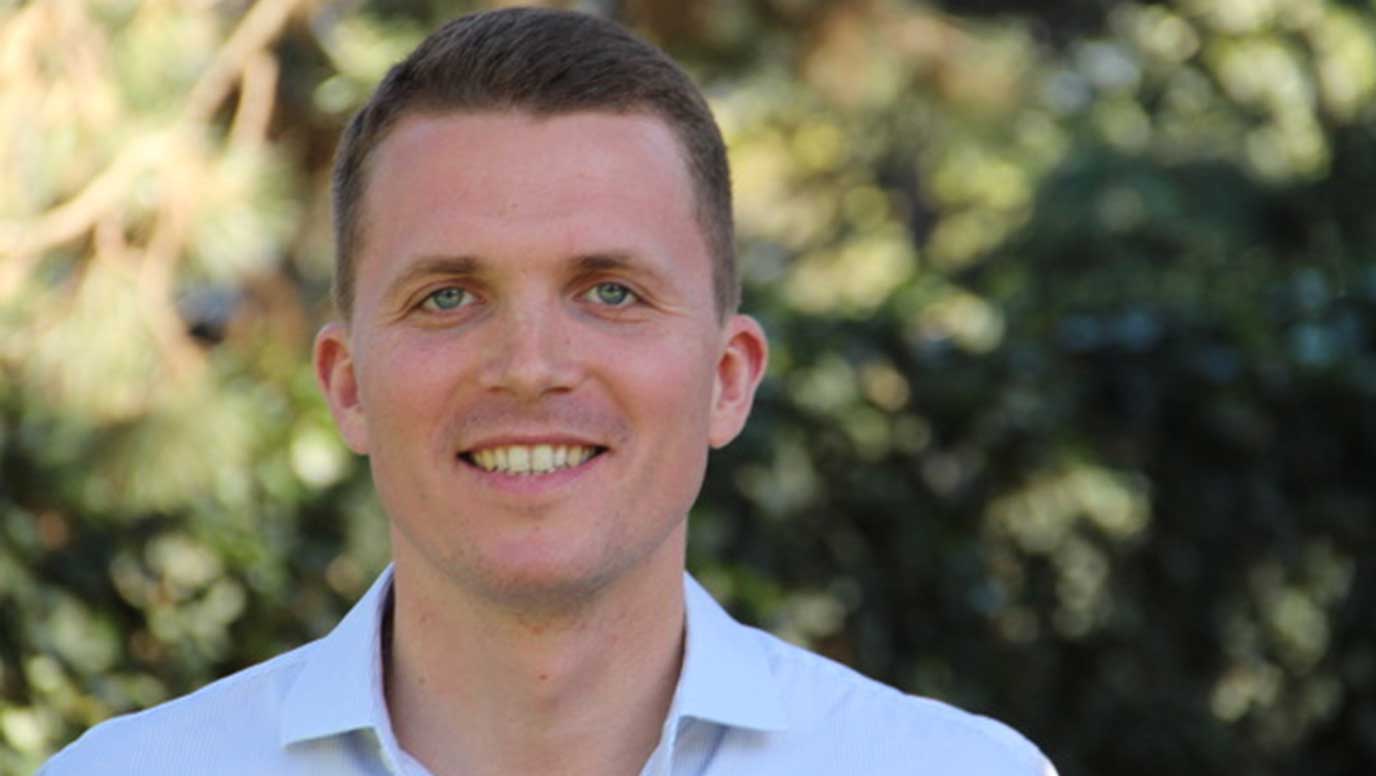Timely $5.3 million helps clock.bio boost rejuvenation roadmap

The company has made significant progress in decoding the biology of human rejuvenation, identifying more than 100 genes that jointly constitute an ‘Atlas of Rejuvenation Factors.’
While all somatic cells irreversibly age, stem cells have the unique ability to turn back the clock. Working with human induced pluripotent stem cells (iPSCs), clock.bio has developed a proprietary ageing model that can force stem cells to age, faithfully recreating the known cellular hallmarks of ageing. This intervention triggers a self-rejuvenation mechanism, whereby iPSCs repair these hallmarks and turn young and healthy.
Located at the Milner Therapeutics Institute at the University of Cambridge, clock.bio has set out to decode this rejuvenation mechanism, understand which genes regulate this process and translate the resulting insights to clinical applications.
Running a genome-wide CRISPR screen, with single-cell RNA-sequencing of over three million cells that generated 20 terabytes of data, clock.bio was able to decode the rejuvenation mechanism innate in human stem cells, identifying more than 100 genes that jointly constitute the regeneration roadmap.
The company will now focus on validating these hits in somatic cells, analysing the pathways at work and mapping them to specific disease indications.
clock.bio’s hypothesis is that understanding these genes associated with rejuvenation will enable the reversal of several ageing hallmarks by repurposing existing drugs for increased healthspan. In addition, genetic targets for repair of individual ageing hallmarks will be highly relevant for developing novel treatments of age-related disease.
Markus Gstöttner, the CEO of clock.bio, explained: “Our vision is to extend human healthspan by several years in line with growing longevity. Our approach decodes an existing part of human biology, which makes us confident the findings will be translatable. Running CRISPR screens across the full human genome constitutes an unbiased, comprehensive methodology, which now gives us more than one shot on target.
“We are thrilled to have reached this first major milestone with the support of our investors.”
The seed funding enabled clock.bio to generate its Atlas of Rejuvenation Factors and will also underpin next steps in validation and target prioritisation.
The company has expanded its team through several critical hires, including the onboarding of Markus Gstöttner (CEO) and Rodrigo Santos (CTO). Together with Mark Kotter (co-founder and Chairman), the team will now focus on developing its findings and identifying the right partners to initiate clinical trials.


